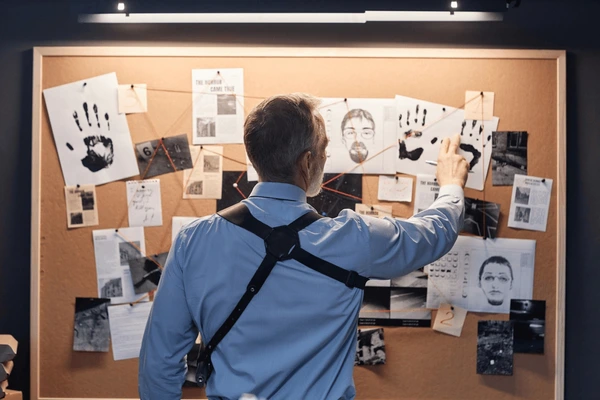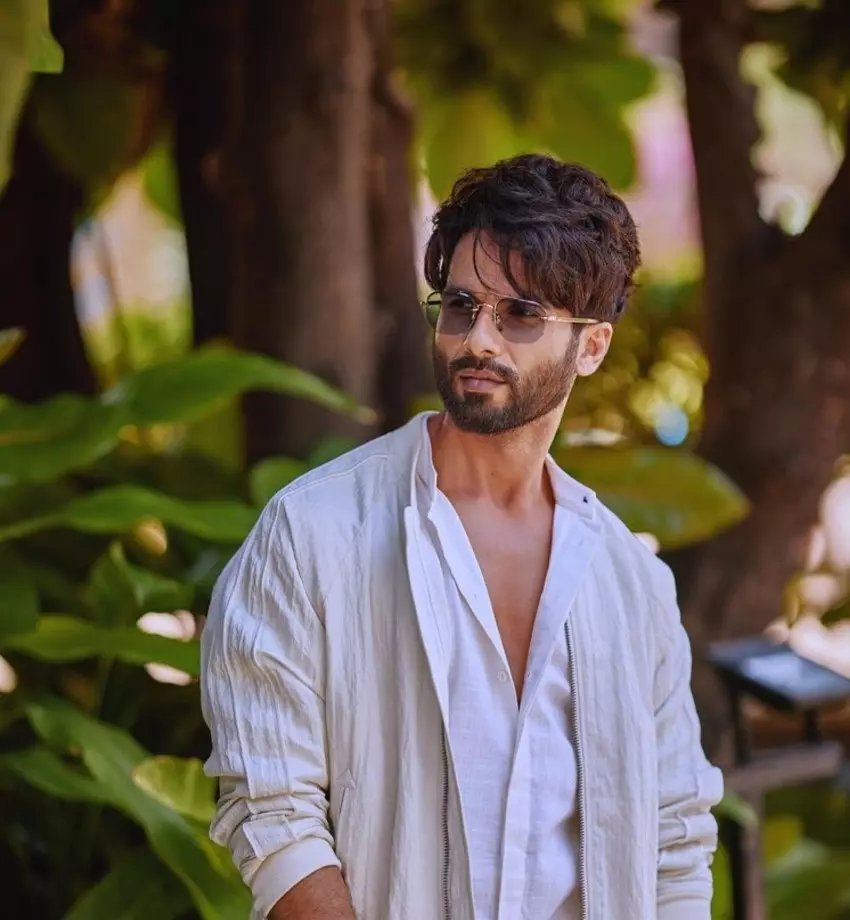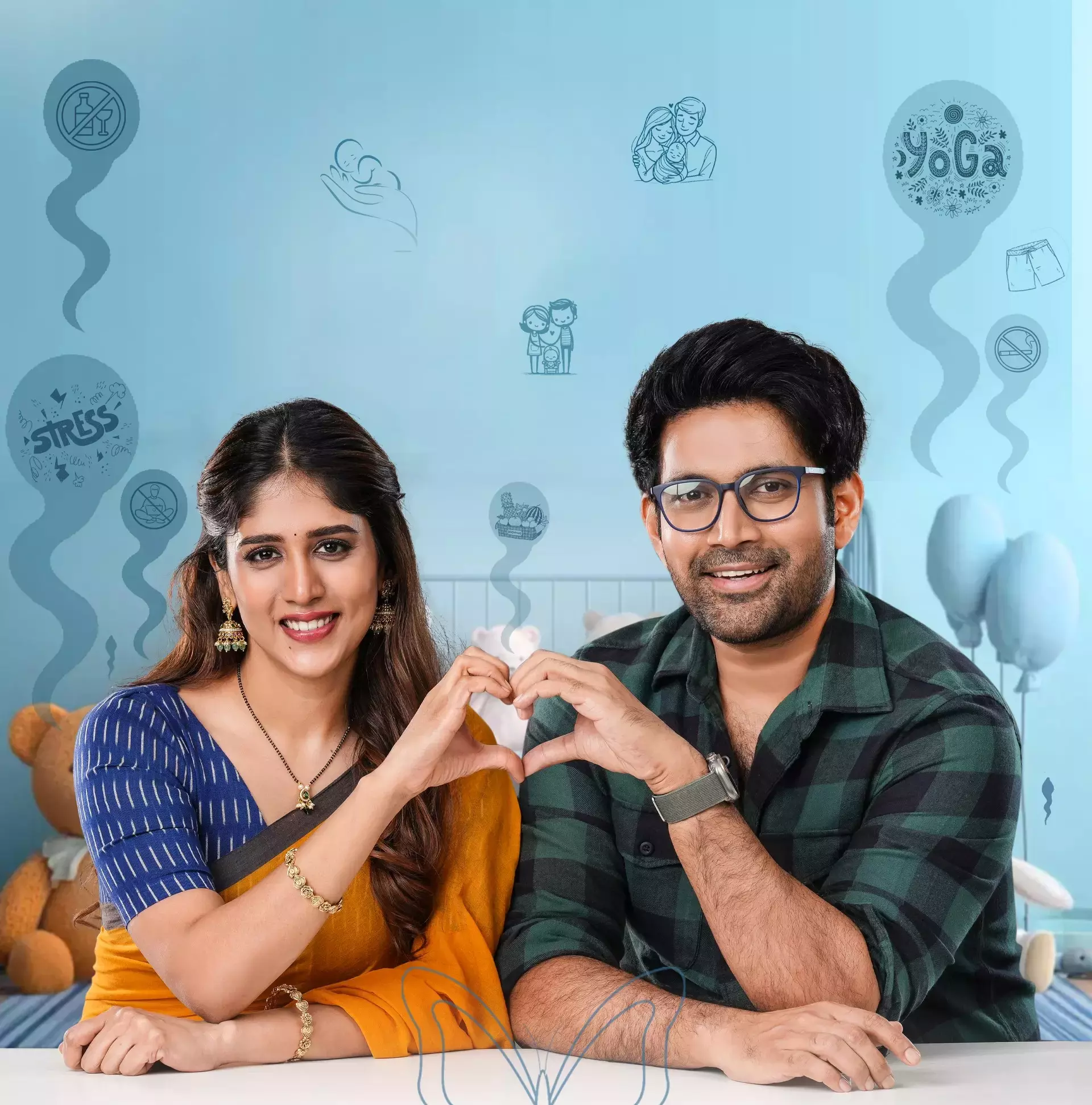Table of Content
MUBI or previously called "The Auteurs" is a streaming service provider which was established in 2007. The face behind the MUBI was Turkish born entrepreneur Efe Çakarel. He founded the MUBI after having guilty for not watching movie "In the Mood for Love" online while in a café in Tokyo. Initially the name given was "The Auteurs" but in 2010 it changed to new name MUBI.
Recently, MUBI has brought something for Indian online movie nerds. Now the UK-based MUBI will start streaming in India. MUBI is not a new face in world of cinema, the company has done in cinema with legends like director Martin Scorsese. MUBI has now evolved into a cinephile-favourite service available in more than 190 countries boasting of more than 9 million current subscribers.
In all sense, MUB I is totally different from its rivals. If we talk about the other online streaming service providers, they offer a big collection of hundreds of movies and TV shows. On the other hand, MUBI offers only 30 highly acclaimed films at a given time that are made available for a limited period of 30 days. It's like a modern day version of a theatre with a cyclical schedule.
The company MUBI is all set to expand its wings in Indian market. Off course the company has to face competition because the fact is that its biggest rival American digital giant Netflix’s has already been in India from last three years. Although MUBI call itself a “curated” service provider, but it has chosen India by collaborating with PVR, India’s largest operator of multiplexes.
MUBI has come up with “first of its kind” alliance between exhibitor and streamer. The new online streaming service provider plan is ‘MUBI GO’ plan which offers its subscribers an introductory offer of Rs 199 for three months plus one free PVR Cinema ticket every week. On the PVR ticket you can go to any PVR Cinema across India and can watch the film selected by MUBI.
MUBI founder and CEO Efe Cakarel who is a big movie nerd and love watching movies on big screens only. He wants to bring for his audience the same the same experience of watching movies on the big screen only. He doesn't want to “replace the cinematic experience” but his aim is to widen its accessibility and for that he has done the collaboration PVR.
He also understand that these days trend has changes and people love watching movies at Digital platform but we can't ignore the scores of movie-going audiences.
The MUBI-PVR partnership has come with two ideas in India. It is considering the fact that millennials are increasingly spending their disposable income on experiences and moreover it will change people mindset about PVRs. Till date PVRs are considered only for mainstream blockbusters but now they will change the mindset.
Kamal Gianchadani, CEO, PVR Pictures said, “At PVR, we always try to innovate and push the envelope. This tie-up dispels the myth that cinemas and OTT cannot collaborate.”
He further added, "Our collaboration with MUBI will help us expose more movie-goers to specialised films and increase their theatrical success.”
India - Big sector for MUBI
The idea for MUBI was founded by Çakarel when he was sitting in a cafe in Tokyo in 2007. He got the idea after failing to watch his favourite movie. Despite the fact that Japan was the world’s third biggest film market and at the broadband speed of 53 megabits per second, he wasn't able to watch the Wong Kar Wai classic In the Mood for Love (2000) even on single website. So he founded the So he founded the business model and made clear his vision to bring big screen experience beyond home-videos, DVDs and pay-TV.
In India they have come up with a new approach. They want to bring the very best of world cinema to everyday life and also make easily available the best of India’s cinematic heritage and showcase everything from art-house films to new-age indie movies.
With the On the special India channel, ‘MUBI GO’ plan will offers its subscribers the films currently such as Guru Dutt’s Pyaasa (1957) and Chaudhvin Ka Chand (1960), cult favourites like Kamal Swaroop’s 1998 surrealist experiment Om Dar B Dar and the more contemporary Binnu Ka Sapna (2018) by writer-director Kanu Behl. It also included curated collection titled Mumbai – Cinema and The City, which consists of handpicks films with nuanced explorations of the metropolis, such as Saeed Akhtar Mirza’s Naseem (1995) and Salim Langde Pe Mat Ro (1989), Mira Nair’s Salaam Bombay! (1998) and Muzaffar Ali’s Gaman (1978).
To cater to Indian market, MUBI has joined hands with Times Bridge. It has appointed its content advisor Mr.Guneet Monga, who won Oscar-winning executive producer and an Academy Award for winner film Period. End of Sentence. (2018). He is in his basket films like The Lunchbox and Gangs of Wasseypur. He a having a massive experience within the Indian film industry, which will be instrumental in defining the content profile.
Monga said, “I’ve been a fan of MUBI for many years now. Its human approach to curation is refreshingly simple and each day it is guaranteed that you will be able to watch a beautiful, interesting film. I’m thrilled we have launched a dedicated channel for Indian cinema as it means that film lovers can now watch amazing films like Salaam Bombay! and Andaz Apna Apna, alongside globally renowned gems like Moonlight.”
Netflix vs MUBI
In all sense, MUB I is totally different from its rivals like Netflix and Amazon. If we talk about the other online streaming service providers, they offer a big collection of hundreds of movies and TV shows. On the other hand, MUBI offers only 30 highly acclaimed films at a given time that are made available for a limited period of 30 days. It's like a modern day version of a theatre with a cyclical schedule.
How they differ -
- MUBI’s emphasis on a narrow and strong selection while other online streaming service providers like Netflix and Amazon bring huge collection for subscribers.
- MUBI’s selection only stays available for a period of 30 days to the subscribers but on the other hand Netflix and Amazon provide for unlimited time.
Cakarel said, "We make our films available on MUBI in a way that doesn’t overwhelm or frustrate people as we introduce one new hand-picked film a day, chosen by film experts who look at local culture and cinema to decide what people would enjoy watching in that market.
He further added, “We’re focused on human curation and all of our films are hand-picked by the MUBI team, with the choices being guided by local culture and cinema. We look at what specific markets enjoy and then programme the film selections based on that — we don’t use algorithms.”
.webp)


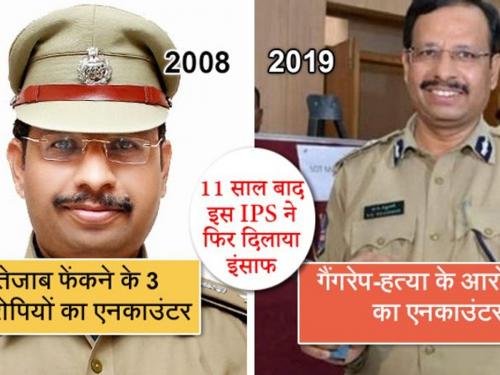

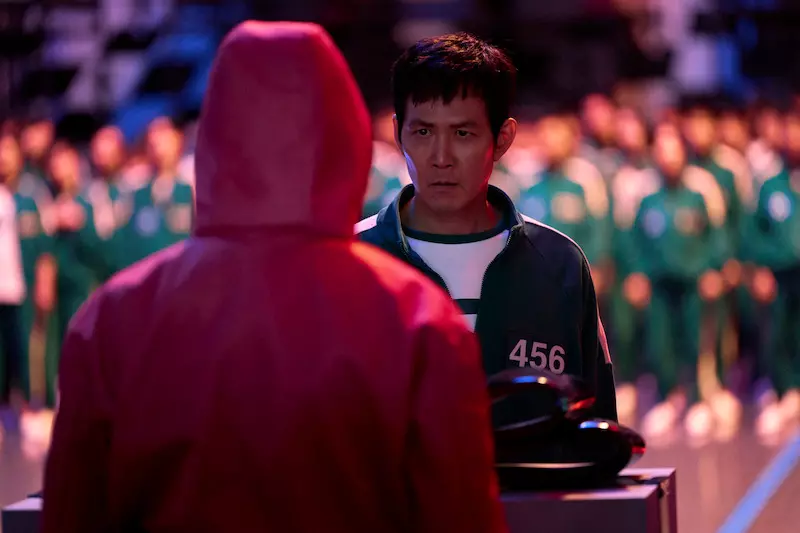
_1735214375.webp)

